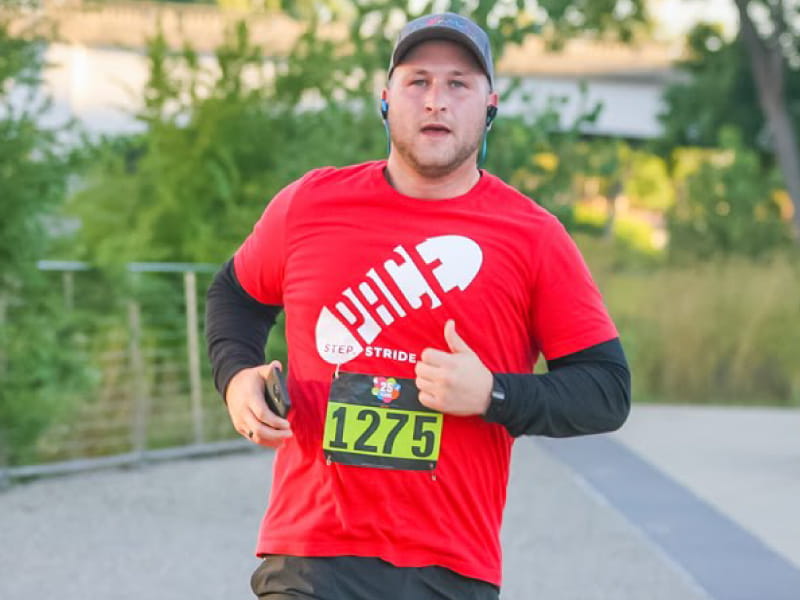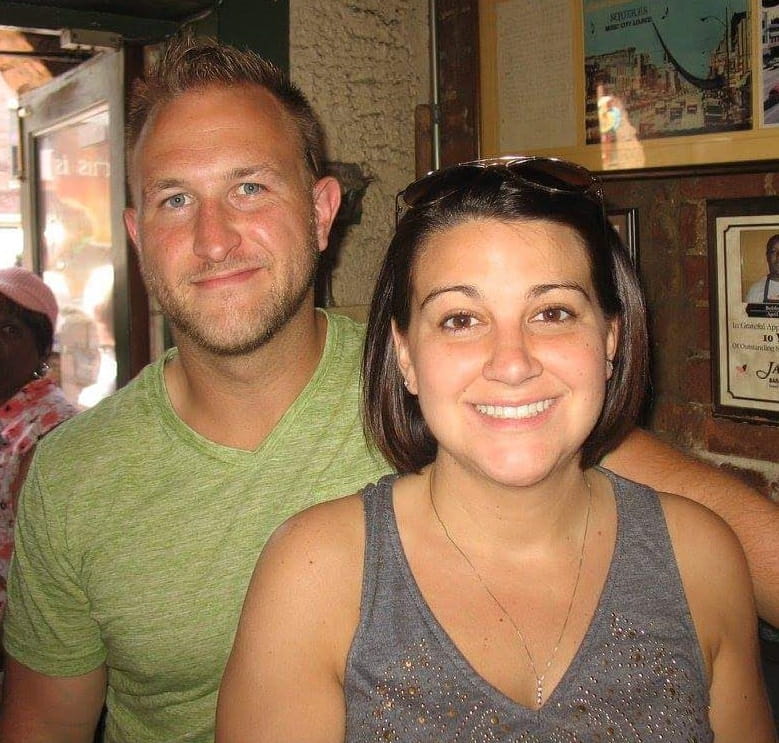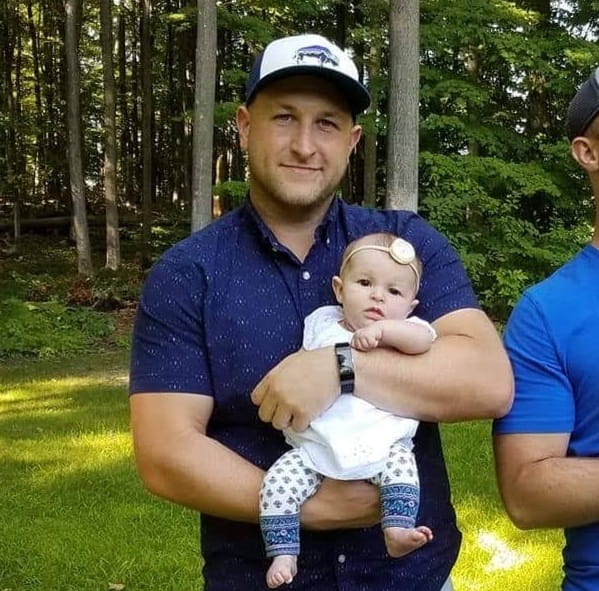Key lifestyle changes helped new dad shed nearly 50 pounds
By American Heart Association News

It happens every January. Gyms fill with people who've committed to New Year's resolutions involving health and fitness. While making a resolution is an important first step, developing new habits is the key to long-term success, said Erik Minaya, who has maintained significant weight loss for several years.
Minaya started to put on the pounds during his freshman year in college. His body mass index continued to creep up throughout his college years and beyond, as he began working at a stressful job with a one-hour commute each way. By age 24, he tipped the scale at nearly 265 pounds.
"The bad habits compounded over the years," said the 30-year-old from Michigan.
Sugary drinks and fast food were his biggest vices. Drive-in dinners were easier and cheaper than healthy options, and the jolt of sugar and fat temporarily alleviated some of the stress after working at a job he didn't enjoy. By 2 p.m. nearly every afternoon, Minaya would crash.
"I wasn't motivated to do much," he said. "And good luck getting me to go out and do anything physical."
Minaya's family has a history of elevated blood pressure and cholesterol, and diabetes. Worried that he was headed down the same path, Minaya made drastic lifestyle changes in 2013.

He cut out fast food, replacing it with lower-carb offerings that he prepared himself. He swapped regular soda for diet; a few months later, he switched to water.
"It wasn't a crash diet," Minaya said. "I was trying to make actual life changes."
People should limit their intake of added sugars to no more than half of their daily "discretionary calories," suggests the American Heart Association. For most men, that figure is 150 calories per day; for most women, it's 100 calories. But one 12-ounce can of most sugary sodas will typically contain about 150 calories, and some have even more.
The changes Minaya made had an almost immediate impact.
He lost 15 pounds during the first year. And after accepting a new job with a shorter commute and an onsite gym, he lost 15 more pounds. Since then, he has continued to lose weight more slowly – nearly 50 pounds total so far. He has more energy and focus.
"I have an almost heightened sense of awareness," he said.

"It's good to have a goal and go for it," Minaya said. "I like being driven to achieve something."

Stories From the Heart chronicles the inspiring journeys of heart disease and stroke survivors, caregivers and advocates.
If you have questions or comments about this story, please email [email protected].





